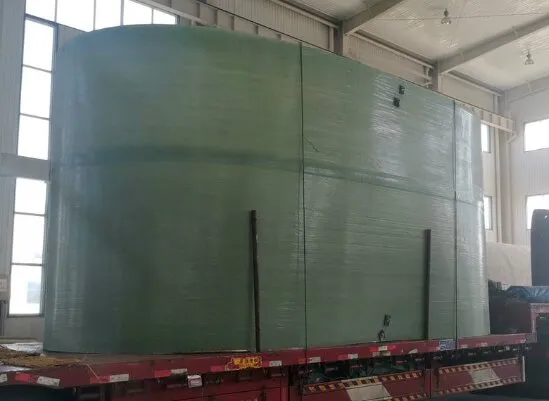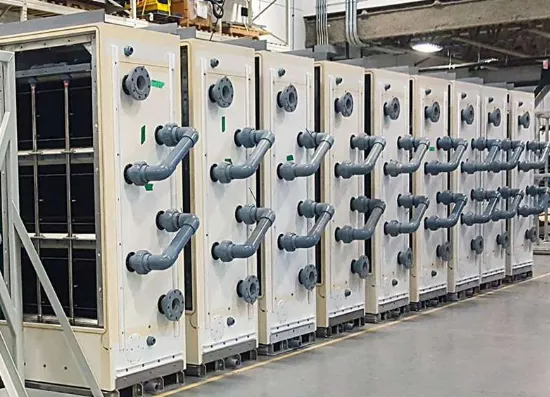
-
 Afrikaans
Afrikaans -
 Albanian
Albanian -
 Amharic
Amharic -
 Arabic
Arabic -
 Armenian
Armenian -
 Azerbaijani
Azerbaijani -
 Basque
Basque -
 Belarusian
Belarusian -
 Bengali
Bengali -
 Bosnian
Bosnian -
 Bulgarian
Bulgarian -
 Catalan
Catalan -
 Cebuano
Cebuano -
 China
China -
 China (Taiwan)
China (Taiwan) -
 Corsican
Corsican -
 Croatian
Croatian -
 Czech
Czech -
 Danish
Danish -
 Dutch
Dutch -
 English
English -
 Esperanto
Esperanto -
 Estonian
Estonian -
 Finnish
Finnish -
 French
French -
 Frisian
Frisian -
 Galician
Galician -
 Georgian
Georgian -
 German
German -
 Greek
Greek -
 Gujarati
Gujarati -
 Haitian Creole
Haitian Creole -
 hausa
hausa -
 hawaiian
hawaiian -
 Hebrew
Hebrew -
 Hindi
Hindi -
 Miao
Miao -
 Hungarian
Hungarian -
 Icelandic
Icelandic -
 igbo
igbo -
 Indonesian
Indonesian -
 irish
irish -
 Italian
Italian -
 Japanese
Japanese -
 Javanese
Javanese -
 Kannada
Kannada -
 kazakh
kazakh -
 Khmer
Khmer -
 Rwandese
Rwandese -
 Korean
Korean -
 Kurdish
Kurdish -
 Kyrgyz
Kyrgyz -
 Lao
Lao -
 Latin
Latin -
 Latvian
Latvian -
 Lithuanian
Lithuanian -
 Luxembourgish
Luxembourgish -
 Macedonian
Macedonian -
 Malgashi
Malgashi -
 Malay
Malay -
 Malayalam
Malayalam -
 Maltese
Maltese -
 Maori
Maori -
 Marathi
Marathi -
 Mongolian
Mongolian -
 Myanmar
Myanmar -
 Nepali
Nepali -
 Norwegian
Norwegian -
 Norwegian
Norwegian -
 Occitan
Occitan -
 Pashto
Pashto -
 Persian
Persian -
 Polish
Polish -
 Portuguese
Portuguese -
 Punjabi
Punjabi -
 Romanian
Romanian -
 Russian
Russian -
 Samoan
Samoan -
 Scottish Gaelic
Scottish Gaelic -
 Serbian
Serbian -
 Sesotho
Sesotho -
 Shona
Shona -
 Sindhi
Sindhi -
 Sinhala
Sinhala -
 Slovak
Slovak -
 Slovenian
Slovenian -
 Somali
Somali -
 Spanish
Spanish -
 Sundanese
Sundanese -
 Swahili
Swahili -
 Swedish
Swedish -
 Tagalog
Tagalog -
 Tajik
Tajik -
 Tamil
Tamil -
 Tatar
Tatar -
 Telugu
Telugu -
 Thai
Thai -
 Turkish
Turkish -
 Turkmen
Turkmen -
 Ukrainian
Ukrainian -
 Urdu
Urdu -
 Uighur
Uighur -
 Uzbek
Uzbek -
 Vietnamese
Vietnamese -
 Welsh
Welsh -
 Bantu
Bantu -
 Yiddish
Yiddish -
 Yoruba
Yoruba -
 Zulu
Zulu
Feb . 08, 2025 07:14
Back to list
Gratings & Covers
Fiberglass sewer pipes are emerging as a superior choice in modern plumbing installations due to their myriad benefits, which encompass durability, efficiency, and adaptability. Used extensively in both residential and commercial projects, fiberglass pipes are providing solutions to issues that have plagued traditional sewer systems for decades.
From an environmental perspective, fiberglass sewer pipes are a sustainable option. The production process of fiberglass utilizes less energy compared to that of traditional pipe materials, contributing to lower carbon emissions. Moreover, because of their durability and longevity, the frequency of replacement is significantly reduced, thereby decreasing waste generation and resource consumption over time. For municipalities and developers aiming to modernize infrastructure with future-proof solutions, implementing fiberglass sewer pipes offers both economic and functional benefits. The upfront investment is often offset by the reduced maintenance and operational costs over the pipe's lifespan. Moreover, given the growing focus on sustainability and efficient resource use, fiberglass pipes align perfectly with the goals of green building initiatives and environmentally conscious urban planning. Experts in civil engineering and plumbing consistently vouch for the reliability and performance of fiberglass sewer pipes in challenging conditions. Their non-reactive nature means they can transport a wider range of effluents without degrading—an essential trait for industries needing robust waste management systems. As these professionals recommend, regular inspections combined with strategic, informed choices regarding material selection ensure the operational success and longevity of sewer systems. In conclusion, the use of fiberglass sewer pipes represents a strategic investment into the future. By opting for these advanced materials, cities and private sectors proactively address prevalent issues in sewer infrastructure, ensuring they meet the demands of modern society and environmental standards alike. As we continue to navigate the challenges posed by rapid urbanization and environmental change, fiberglass sewer pipes offer a viable pathway to sustainable and efficient infrastructure development.


From an environmental perspective, fiberglass sewer pipes are a sustainable option. The production process of fiberglass utilizes less energy compared to that of traditional pipe materials, contributing to lower carbon emissions. Moreover, because of their durability and longevity, the frequency of replacement is significantly reduced, thereby decreasing waste generation and resource consumption over time. For municipalities and developers aiming to modernize infrastructure with future-proof solutions, implementing fiberglass sewer pipes offers both economic and functional benefits. The upfront investment is often offset by the reduced maintenance and operational costs over the pipe's lifespan. Moreover, given the growing focus on sustainability and efficient resource use, fiberglass pipes align perfectly with the goals of green building initiatives and environmentally conscious urban planning. Experts in civil engineering and plumbing consistently vouch for the reliability and performance of fiberglass sewer pipes in challenging conditions. Their non-reactive nature means they can transport a wider range of effluents without degrading—an essential trait for industries needing robust waste management systems. As these professionals recommend, regular inspections combined with strategic, informed choices regarding material selection ensure the operational success and longevity of sewer systems. In conclusion, the use of fiberglass sewer pipes represents a strategic investment into the future. By opting for these advanced materials, cities and private sectors proactively address prevalent issues in sewer infrastructure, ensuring they meet the demands of modern society and environmental standards alike. As we continue to navigate the challenges posed by rapid urbanization and environmental change, fiberglass sewer pipes offer a viable pathway to sustainable and efficient infrastructure development.
Next:
Related Products
Latest news
-
Fiberglass 90 Degree Elbow for Custom Tanks & High Pressure Pipes Durable and Corrosion ResistantNewsJun.24,2025
-
Exploring the Benefits of Top Hammer Drifter Rods for Enhanced Drilling PerformanceNewsJun.10,2025
-
High-Precision Fiberglass Winding Machine for GRP/FRP Pipe Production – Reliable & Efficient SolutionsNewsJun.10,2025
-
FRP Pipes & Fittings for Shipbuilding - Corrosion-Resistant & LightweightNewsJun.09,2025
-
Premium FRP Flooring Solutions Durable & Slip-ResistantNewsJun.09,2025
-
Premium Fiberglass Rectangular Tanks Durable & Lightweight SolutionNewsJun.09,2025









